- Clare Collins
- Read Time: 6 mins
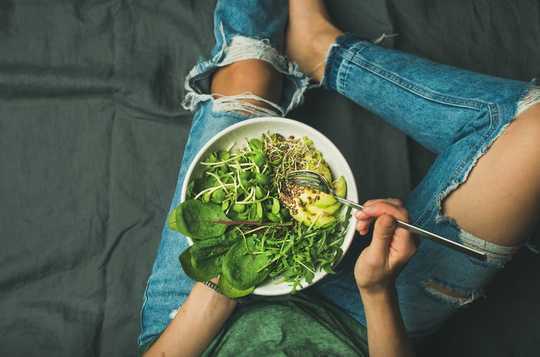
The coronavirus presents many uncertainties, and none of us can completely eliminate our risk of getting COVID-19. But one thing we can do is eat as healthily as possible.

The coronavirus presents many uncertainties, and none of us can completely eliminate our risk of getting COVID-19. But one thing we can do is eat as healthily as possible.
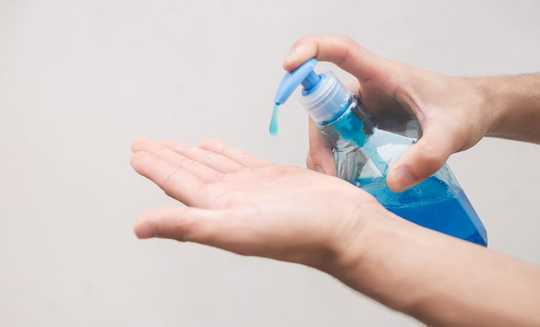
To slow the spread of coronavirus we’re being told to wash our hands more, preferably with soap and water, or failing that, with hand sanitisers.
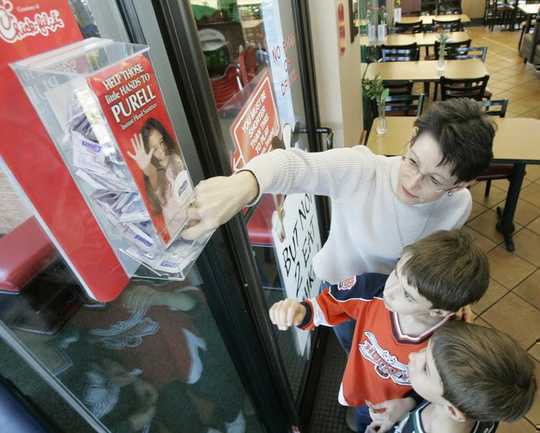
As concern about coronavirus grows, hand sanitizer is in high demand. Biologist Jeffrey Gardner explains why alcohol is a key ingredient in hand sanitizer, and why he doesn’t recommend making your own supply at home.
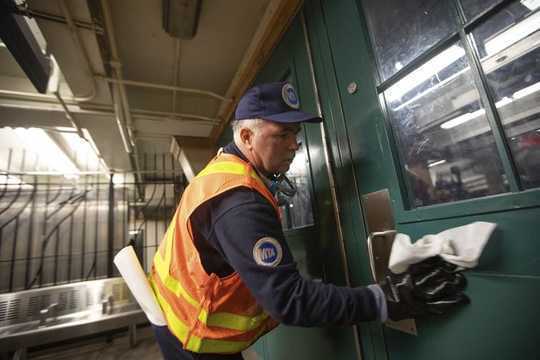
When people are sick with a respiratory disease like COVID-19, they cough or sneeze particles into the air.
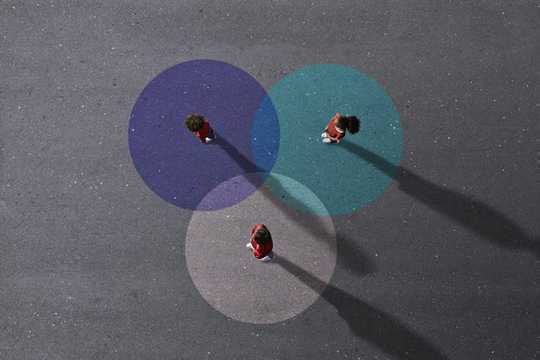
As the coronavirus spreads into more and more communities, public health officials are placing responsibility on individuals to help slow the pandemic.
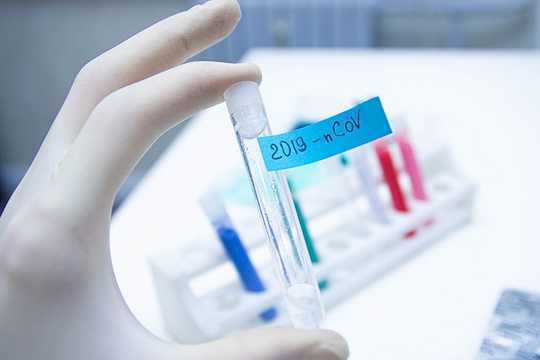
Public health officials in California’s state capital region announced this week they have stopped tracing the contacts of patients diagnosed with the novel
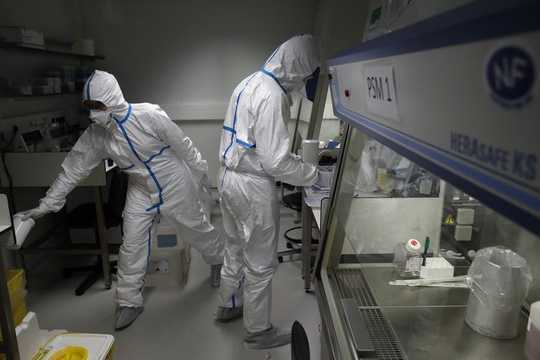
The U.S. government is fighting to contain and slow down the spread of the coronavirus. Testing is central to these efforts.
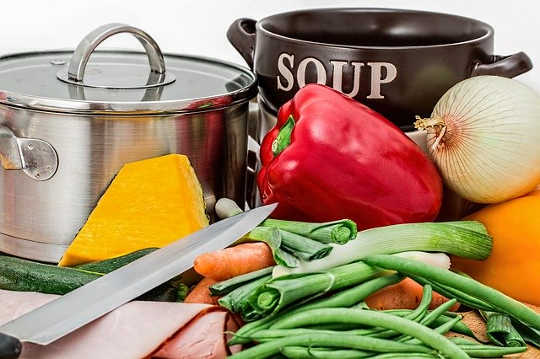
Each day that you choose to eat healthfully and simply— selecting whole, unprocessed foods from the earth and balancing your foods—know that you are building a new foundation for yourself. At first, this foundation may feel wobbly, as it is new to you, but every time you make the choice to follow through...
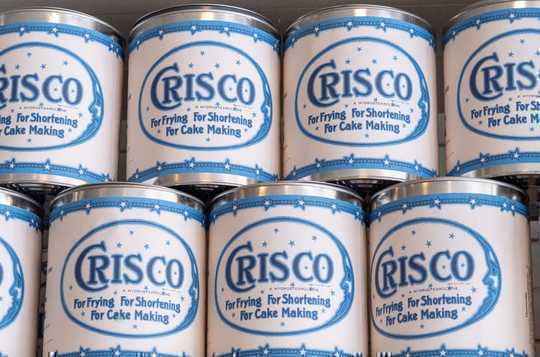
Perhaps you’ll unearth a can of Crisco for the holiday baking season. If so, you’ll be one of millions of Americans who have, for generations, used it to make cookies, cakes, pie crusts and more.
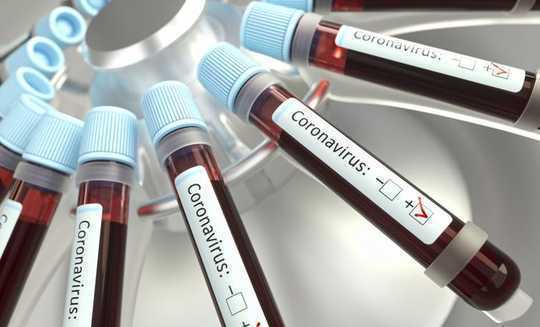
The coronavirus, which causes the disease COVID-19, has created enormous anxiety, uncertainty, and disruption to our lives.
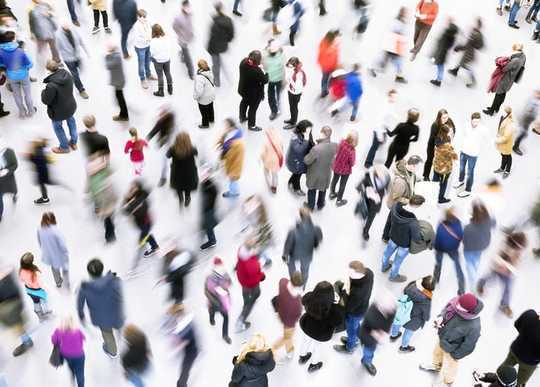
If you saw the 2011 movie “Contagion,” about a worldwide pandemic of a new virus, then you’ve heard the term “R0.”
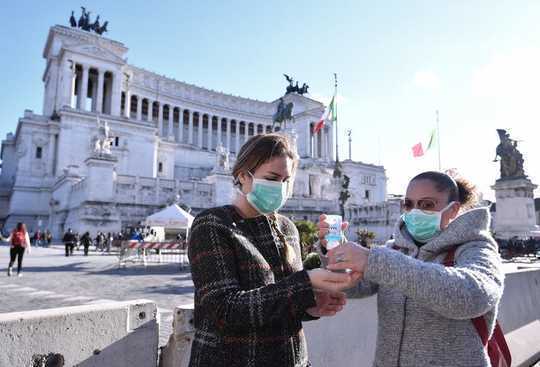
Safety measures make risky activities less risky: seat belts for car occupants, bailouts for financial institutions. Masks and disinfectants might feel like they do the same for anyone afraid of coronavirus.
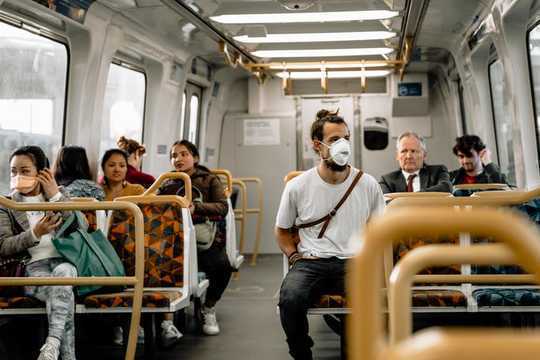
Now officially a pandemic, the virus has proven adept at crossing borders, with confirmed cases reported in over 100 countries (for the latest numbers, refer to our coronavirus mapping tool).
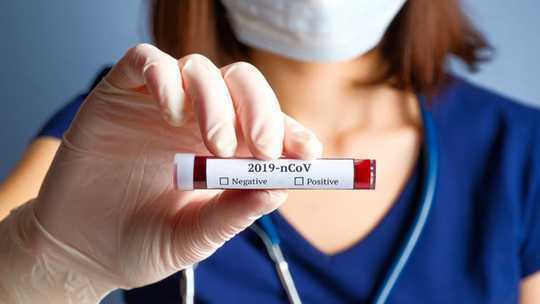
Tackling the emergence of a new global pandemic is a complex task. But collective intelligence is now being used around the world by communities and governments to respond.
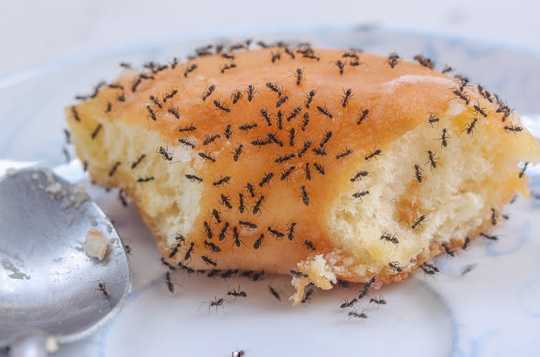
It’s nigh on impossible to calculate with accuracy how many ants are on Earth, but estimates put the number at about ten billion billion. And sometimes, it can feel like a good proportion of those ants are marching through our homes.
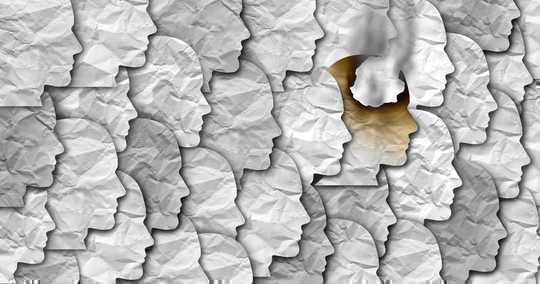
It’s pretty likely you’ve heard of burnout – and you may have even experienced it. Caused by chronic work stress, it’s characterised by signs such as emotional exhaustion, lack of energy, and loss of satisfaction with work
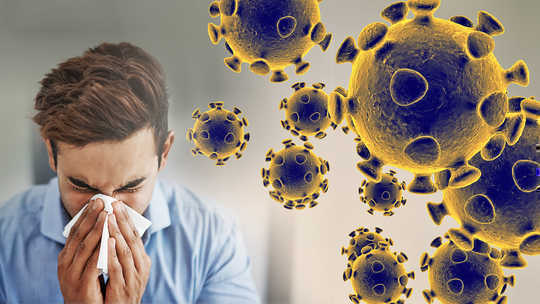
As the coronavirus death toll continues to rise, some have suggested that the approaching warmer spring weather in the northern hemisphere may slow or even stop the spread of the disease.
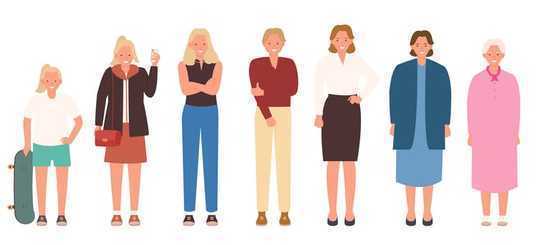
While you may be aware that a loss of vision, hearing and memory is a sign of ageing, something that is perhaps not so noticeable is a reduction in height.
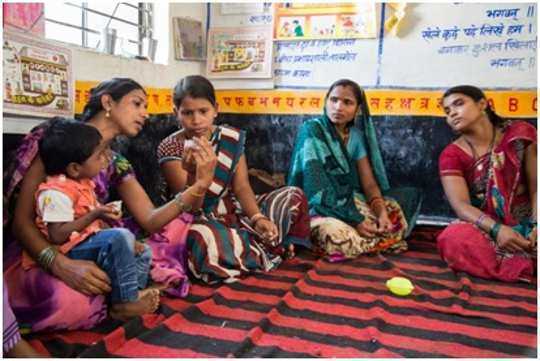 American communities with more fast food restaurants, a larger share of extraction industry-based jobs, or higher population density have shorter life expectancies, according to new research.
American communities with more fast food restaurants, a larger share of extraction industry-based jobs, or higher population density have shorter life expectancies, according to new research.
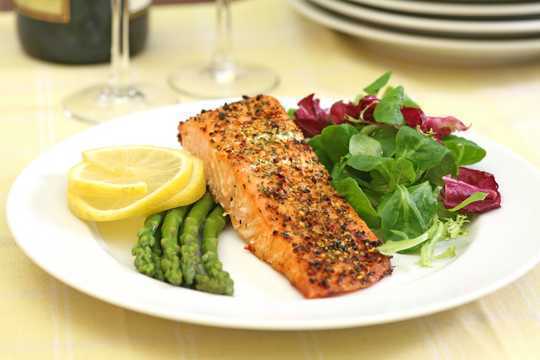
A low carb diet may prevent or even reverse the effects of aging in the brain, researchers report.
Page 41 of 155

